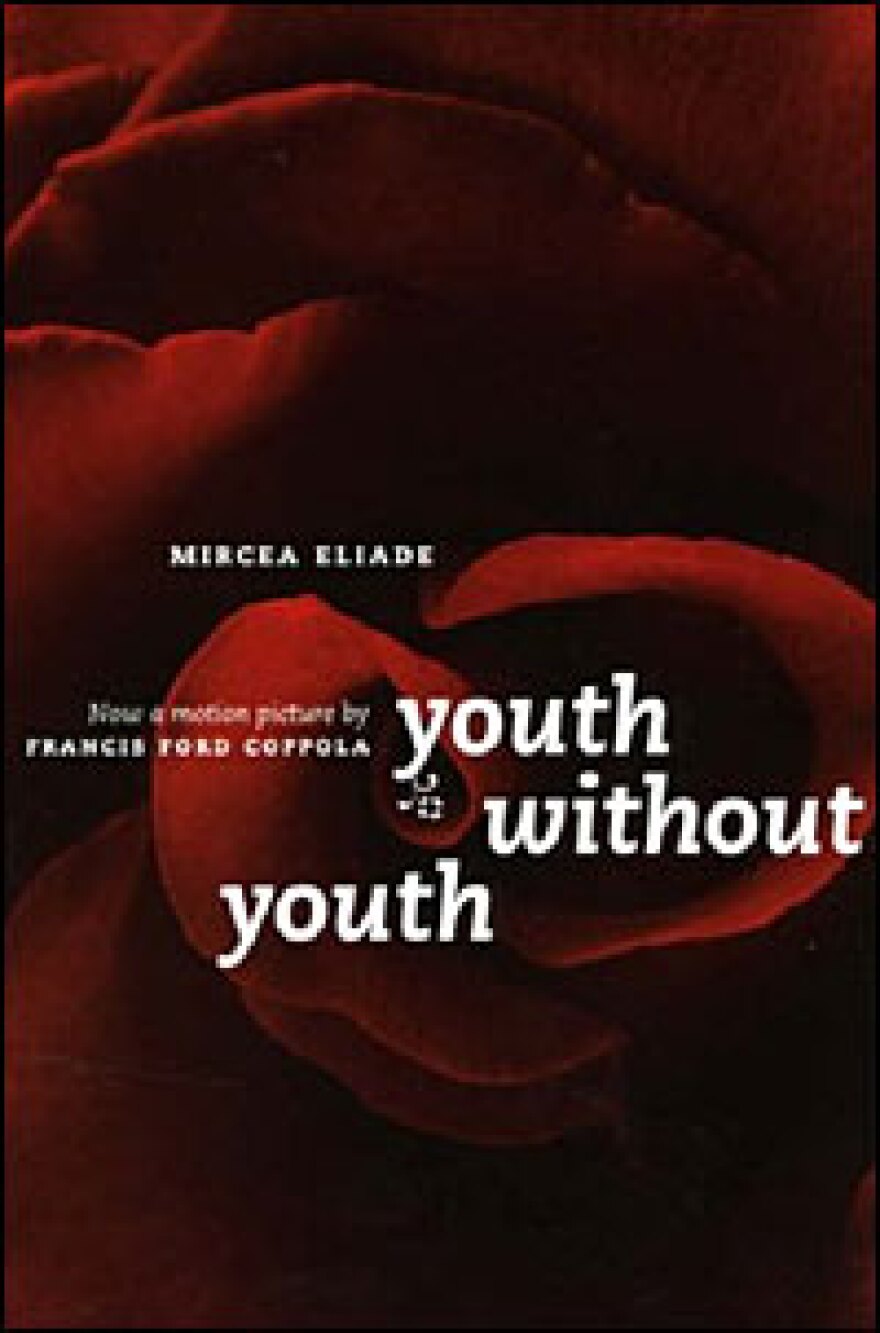
Chapter 1
Only when he heard the bell of the Metropolitan Church did he remember that it was the night of Easter. And suddenly the rain seemed unnatural — the rain which had greeted him as he had emerged from the railway station and which threatened to become torrential. He made his way forward hastily with the umbrella brought down to his shoulders, his eyes downcast, trying to avoid the rivulets. Without realizing it, he began to run, holding the umbrella close to his chest, like a shield. But after some twenty meters he saw the traffic signal turn red, and he had to stop. He waited nervously, standing on tiptoe, hopping from one foot to the other continually, looking in consternation at the little pond that covered a good part of the boulevard directly in front of him.
The traffic light changed, and in the next moment he was shaken, blinded by an explosion of white incandescent light. He felt as though he had been sucked up by a fiery cyclone that had exploded at some mysterious moment on top of his head. A close strike of lightning, he said to himself, blinking with difficulty to unseal his eyelids. He did not understand why he was clutching the handle of his umbrella so hard. The rain lashed at him wildly from all sides at once, and yet he felt nothing. Then he heard the bell at the Metropolitan again, and all the other bells, and very close by still another, striking in a solitary, desperate way.
I've had a fright, he said to himself, and he began to shiver. It's because of the water, he realized a few moments later, becoming aware of the fact that he was lying in the puddle near the curb. I've taken a chill. . . .
"I saw the lightning strike him," he heard the breathless voice of a frightened man saying. "I don't know if he's still alive or not. I was looking over there, where he was standing under the traffic signal, and I saw him light up from head to toe — umbrella, hat, coat, all at once! If it hadn't been for the rain, he would have been burnt to a crisp. I don't know if he's still alive or not."
"And even if he's still alive, what can we do with him?" The voice seemed to come from far away and it sounded to him tired, bitter.
"Who knows what sins he's committed, that God would strike him on the very night of Easter, right behind a church!" Then, after a pause, he added, "Let's see what the intern says about it."
It seemed strange to him that he felt nothing, that he did not, in fact, feel his body at all. He knew from the conversation of those around him that he had been moved. But how had he been transported? In their arms? On a stretcher? On a cart of some sort? . . .
"I don't believe he has a chance," he heard another voice saying later, also far away. "Not a single centimeter of his skin is untouched. I don't understand how he stays alive. Normally, he would have been ... "
Of course, everybody knows that. If you have lost more than fifty percent of your skin, you die of asphyxia. But he realized quickly that it was ridiculous and humiliating to reply mentally to the people bustling around him. He would have liked not to have had to hear them, just as, with his eyes shut tight, he did not see them. And at the same moment he found himself far away, happy, as he had been then.
Excerpted from Youth Without Youth by Mircea Eliade, published in 2007 by the University of Chicago Press. © Editions Gallimard, 1981. All rights reserved.
Copyright 2023 NPR. To see more, visit https://www.npr.org. 9(MDM3NjYwMjA5MDE1MjA1MzQ1NDk1N2ZmZQ004))

